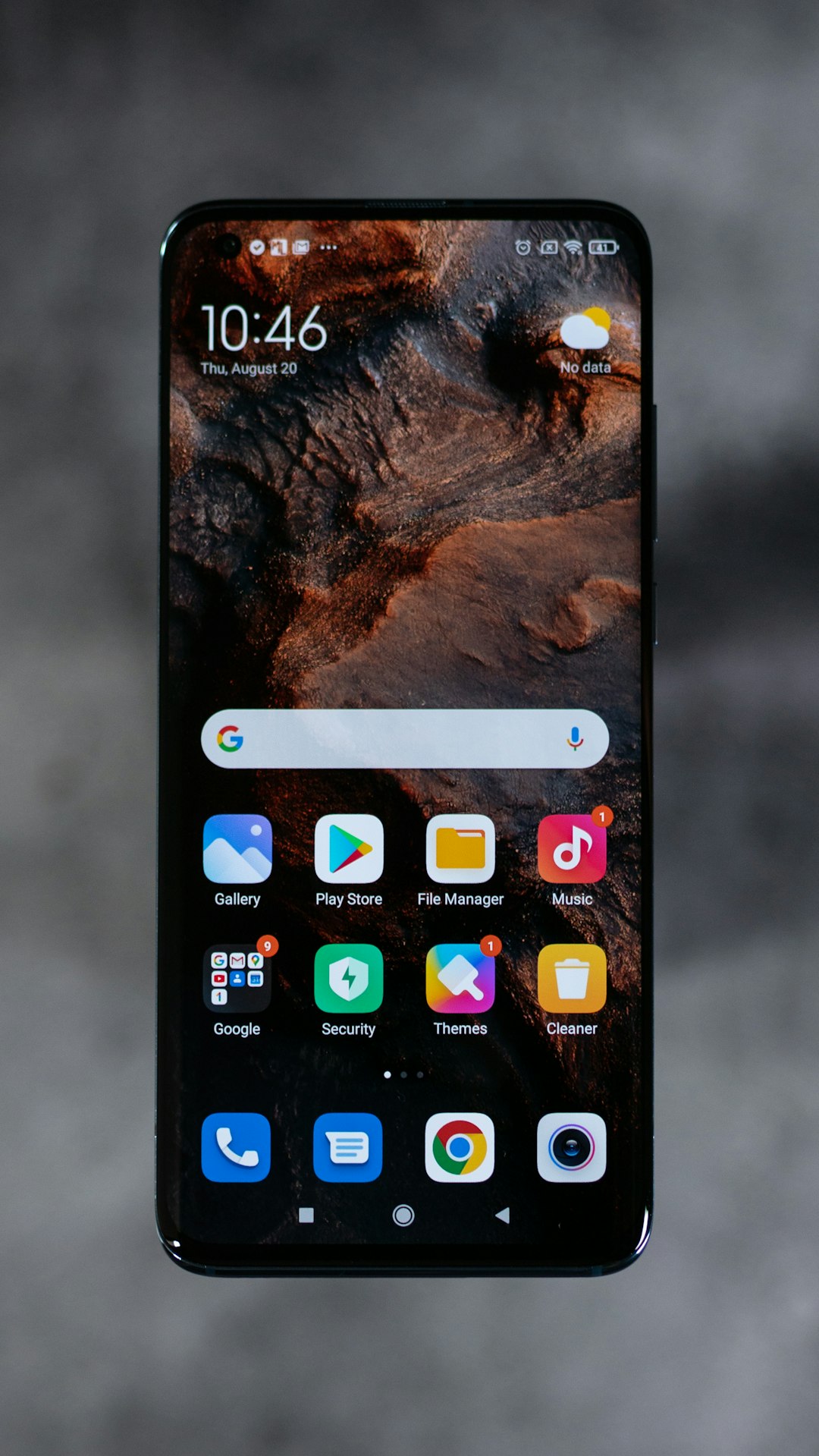South Dakota prioritizes consumer privacy and call management with robust Caller ID Transparency (CIT) measures. Residents can register on the National Do Not Call Registry and block unwanted calls, while strict laws require marketers to check this registry. Local Do Not Call Lawyers in South Dakota guide businesses on compliant marketing practices, ensuring a balance between commercial interests and individual privacy rights. The state's comprehensive legal system, including accurate caller ID display mandates, makes it a leader in digital age privacy protection, empowering residents through control over communication channels.
“South Dakota has embraced a unique approach to enhancing caller ID transparency, offering its residents greater control over unwanted calls. This article delves into the state’s efforts to combat nuisance calls through robust legislation and the pivotal role played by the Do Not Call Lawyer. We explore how South Dakota’s laws protect citizens from unsolicited communications, ensuring a quieter, more peaceful environment for its people. By understanding these measures, we can appreciate the state’s commitment to preserving peace of mind in an era of constant connectivity.”
Understanding Caller ID Transparency in South Dakota

In South Dakota, Caller ID Transparency (CIT) is a crucial aspect of protecting consumers from unwanted calls, particularly those from telemarketers and scammers. CIT refers to the practice of revealing the identity of the caller, including their name and phone number, to the recipient before the call is answered. This simple yet powerful tool empowers individuals to screen and block potentially harmful or spam calls, ensuring a safer communication environment.
The state’s approach to CIT is primarily focused on providing residents with options to manage their call experiences. South Dakota law allows citizens to register their phone numbers on the National Do Not Call Registry, which restricts marketing calls. Additionally, many local Do Not Call Lawyers in South Dakota advocate for consumer rights and offer guidance on utilizing privacy features available on modern communication devices. These measures collectively contribute to a more transparent and user-friendly calling experience in the state.
The Role of the Do Not Call Lawyer in South Dakota

In South Dakota, the Do Not Call Registry plays a pivotal role in protecting residents from unwanted phone calls. The state has implemented laws that require telephone marketers to check this registry before initiating any telemarketing activities. A Do Not Call Lawyer in South Dakota is an integral part of this process, ensuring compliance with these regulations. These lawyers specialize in guiding businesses on how to navigate the state’s specific rules, which are designed to respect residents’ privacy and prevent harassment from excessive phone calls.
They assist companies in understanding and adhering to the ‘Do Not Call’ list, providing legal advice on acceptable marketing practices. Additionally, they help resolve disputes related to accidental or intentional violations of the registry, ensuring fairness for both businesses and consumers. This professional support is crucial for maintaining a harmonious balance between commercial interests and individual rights in the ever-evolving landscape of communication laws.
How South Dakota's Laws Protect Residents from Unwanted Calls

South Dakota has implemented a robust legal framework to protect its residents from unwanted phone calls, primarily focusing on Caller ID transparency. The state’s laws empower individuals to take control of their communication preferences and privacy. One key aspect is the Do Not Call list, which allows citizens to register their phone numbers to prevent receiving telemarketing or sales calls. This simple yet effective measure gives power back to residents, ensuring they are not disturbed by unsolicited calls.
Additionally, South Dakota’s laws mandate that caller ID information should accurately reflect the identity of the caller, providing transparency and peace of mind to recipients. This means that individuals can easily identify and block potential nuisance callers, further reducing the occurrence of unwanted phone interactions. Such proactive steps make South Dakota a model state for protecting residents’ rights in the digital age, with a particular focus on maintaining privacy and control over communication channels.






